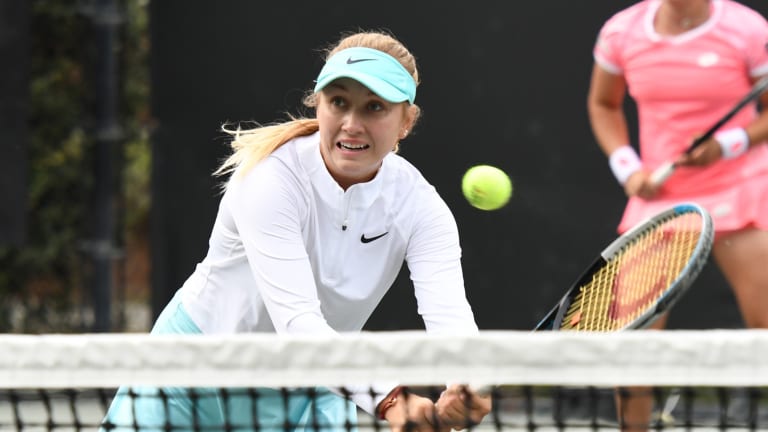WTA offers Johnson & Johnson COVID-19 vaccines for Charleston entrants
By Apr 11, 2021Roland Garros
Can champion Iga Swiatek bring consistency, too?
By May 26, 2021Wimbledon
The Tennis Conversation: Tim Henman
By May 21, 2021Wimbledon
Debating best-of-three sets vs. best-of-five
By May 21, 2021Polish phenom Iga Swiatek rules in Rome
By May 16, 2021Flawless Final: Iga Swiatek double bagels Karolina Pliskova in Rome
May 16, 2021Pliskova powers past Martic to reach third consecutive Rome final
By May 15, 2021Iga Swiatek wins twice to reach Rome final, now a win away from Top 10
By May 15, 2021Elina Svitolina holds off Garbiñe Muguruza to complete Rome QF line-up
By May 13, 2021Gauff relishes flawless performance with Barty matchup looming
By May 13, 2021WTA offers Johnson & Johnson COVID-19 vaccines for Charleston entrants
Anastasia Potapova and Oksana Kalashnikova are among the players who took advantage of a special COVID-19 initiative facilitated by the women's tour in South Carolina.
Published Apr 11, 2021
Advertising

WTA offers Johnson & Johnson COVID-19 vaccines for Charleston entrants
© © 2021 Chris Smith
Advertising
Advertising

WTA offers Johnson & Johnson COVID-19 vaccines for Charleston entrants